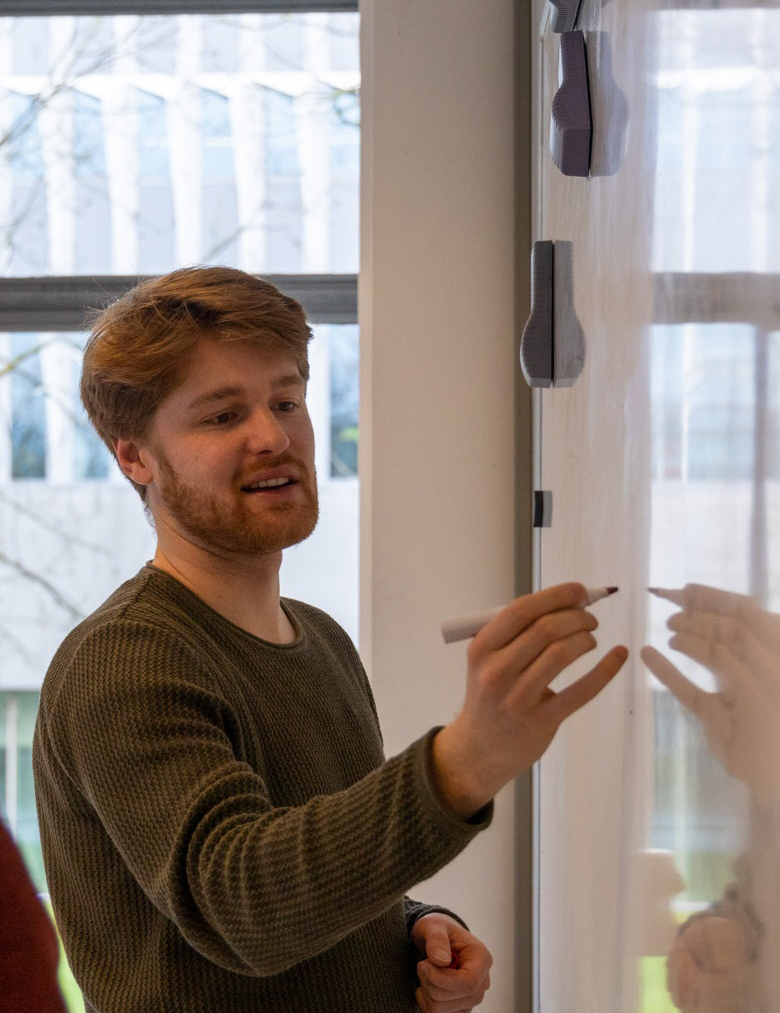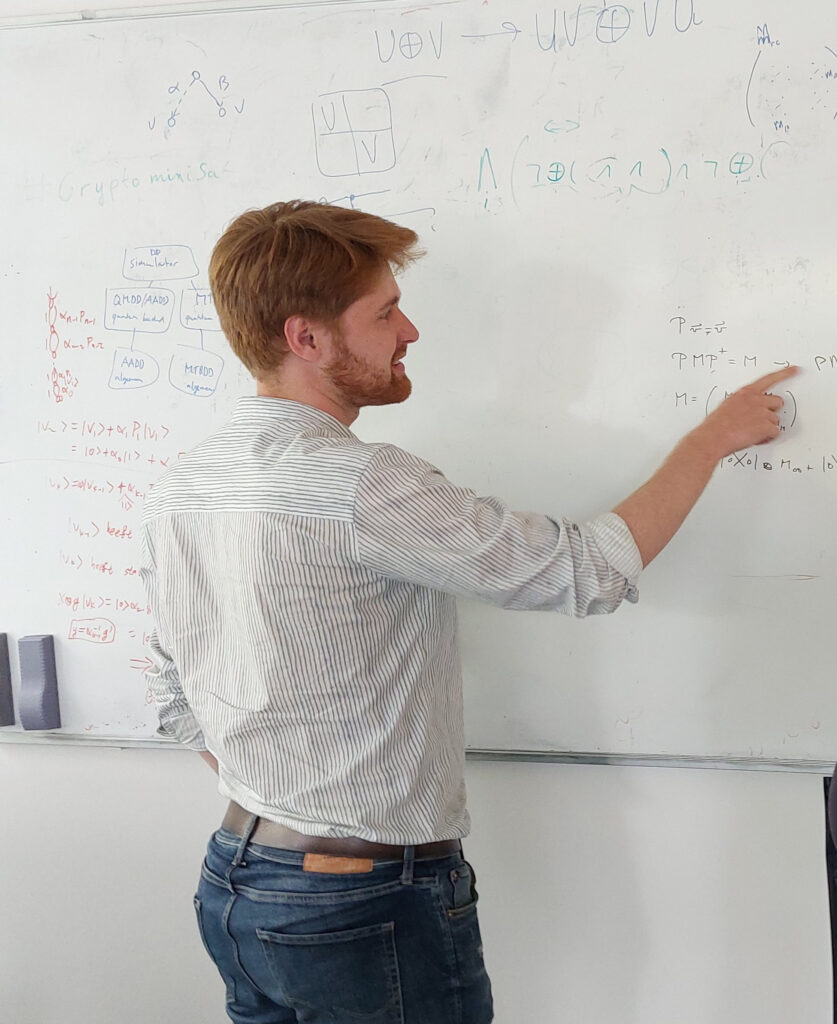19.07.2024Awards
NWO Veni Grant for Tim Coopmans: Sherlock Holmes meets quantum noise

The Dutch Research Council (NWO) has awarded an NWO Veni grant to Tim Coopmans. The grant (320 thousand euros for a three-year program) will allow him to search for promising methods for correcting errors in quantum computations.
Building big enough quantum computers for practical applications is mainly prevented by errors in the quantum chips. Tim Coopmans will use his grant to have conventional computers find new methods for correcting these errors. The computer uses logical reasoning for this, acting like ‘Sherlock Holmes’ who logically deduces who the most likely suspect (a good method for correcting errors) is. In other words, by automatically deducing ways to correct errors in quantum computers.
Out of 1308 applicants, Coopmans is one of the 174 researchers who got awarded a Veni grant. This will allow him to further develop his own research ideas over the next three years. Currently Coopmans is employed by Leiden University and will start at EWI/QuTech per 1 October as assistant professor.

Tim Coopmans
NWO Talent Programme Veni
The Veni is a personal scientific grant, is part of the NWO Talent Programme and is aimed at researchers who have recently obtained their PhDs. They will conduct research within the full breadth of science. The projects receiving funding therefore focus on a wide variety of topics: from the use of algorithms and AI in criminal justice to the role of gut bacteria in our mental health, and from correcting quantum errors like Sherlock Homes to the distribution of colonial profits in the Netherlands between 1850 and 1860.

